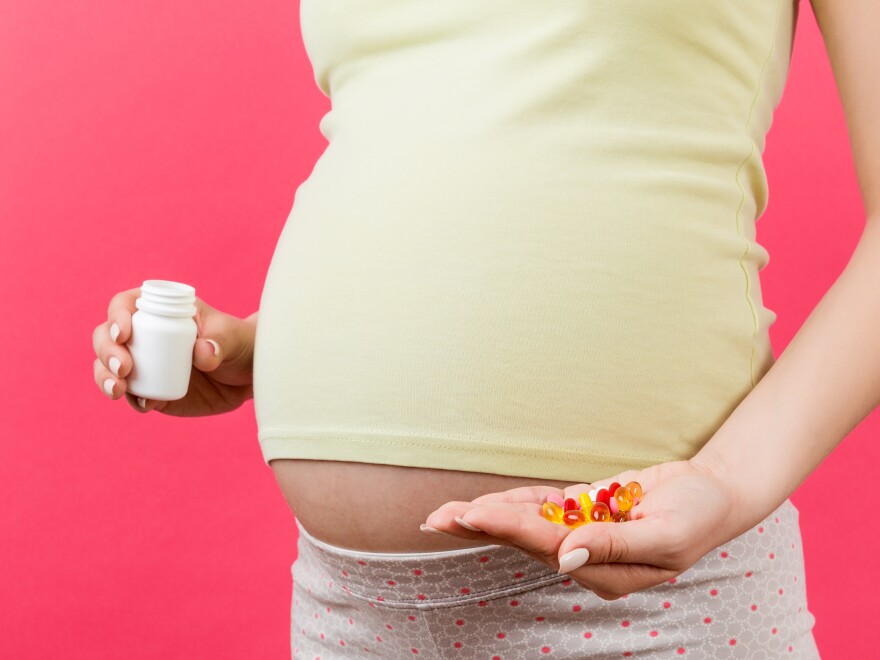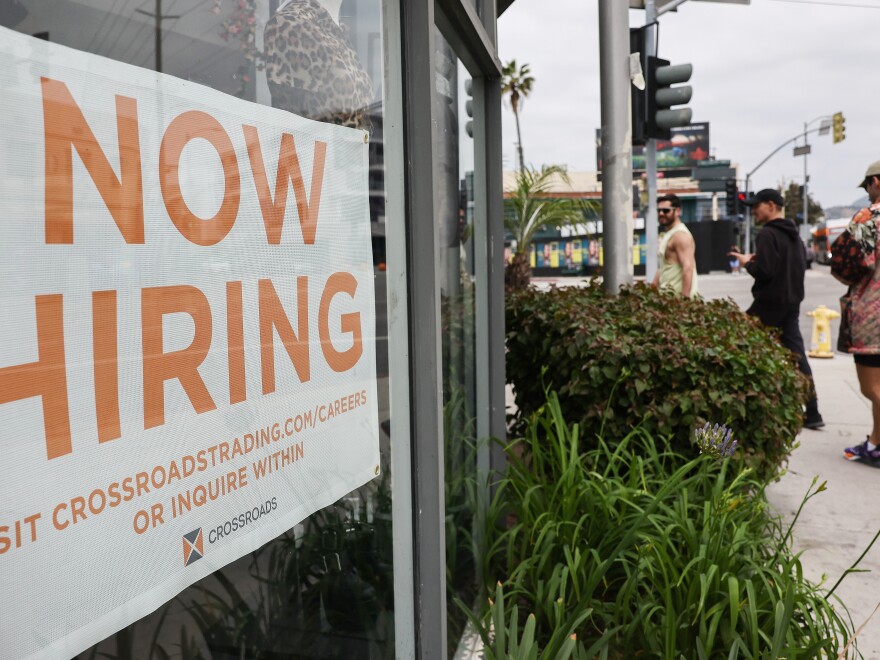In this nation, anxiety and despair affect about one in five expectant mothers and new mothers. Additionally, a class of antidepressants known as Selective Serotonin Reuptake Inhibitors (SSRIs) is administered to 6–8% of expectant mothers.
However, despite the fact that most medical professionals believe SSRIs to be safe, a recent expert panel convened by the US Food and Drug Administration raised concerns about their safety.
Many eminent medical groups have expressed their disapproval of those remarks.
In a statement released late last month, the Society for Maternal-Fetal Medicine stated that “untreated or undertreated depression during pregnancy carries health risks, such as suicide, preterm birth, preeclampsia, and low birth weight.” “Unfortunately, misinformation about depression and its treatment creates confusion and doubt among patients and the public leading to unnecessary barriers to care.”
According to FDA Commissioner Marty Makary, who opened the panel discussion on July 21, SSRIs have been “implicated” by research to be linked to a number of negative health outcomes, such as pulmonary hypertension and congenital heart problems. Then, most of the panelists—psychiatrists, psychologists, and a professor of social work—cited research that they said showed significant health hazards, such as autism and miscarriage.
Numerous healthcare organizations, such as the National Curriculum for Reproductive Psychiatry and the American College of Obstetricians and Gynecologists (ACOG), have criticized the panel’s assertions, claiming that it disseminated false information and misrepresented the available data.
“As experts in high-risk pregnancies, the Society for Maternal-Fetal Medicine (SMFM) and its members are alarmed by the unsubstantiated and inaccurate claims made by FDA panelists concerning maternal depression and the use of SSRI antidepressants during pregnancy,” the statement reads.
According to the ACOG statement, “robust evidence” supports the safety of SSRI usage during pregnancy, and the majority of these drugs “do not increase the risk of birth defects.”
In an email to NPR, Department of Health and Human Services spokesperson Andrew Nixon responded to the criticism, saying, “The claim that the FDA’s expert advisory process is one-sided or politically driven is insulting to the independent scientists, clinicians, and researchers.”
Scientific ‘apples and oranges’
According to Dr. Jennifer Payne, a reproductive psychiatrist at the University of Virginia and a former president of the Marc of North America, an organization that works to prevent and treat mental health conditions during and after pregnancy, some of the studies that the panelists cited as proof of harm didn’t even involve pregnant and postpartum women.
British psychiatrist Dr. Joanna Moncrieff, for instance, cited a research in young people that found that SSRIs were associated with higher rates of suicidality in a “very small proportion of” those who took them.
According to Payne, several of the research cited by some panelists have been shown to be false, such as the studies that link the use of SSRIs during pregnancy to birth abnormalities. “That has been debunked over and over,” she continues.
According to Payne, a number of the papers that were discussed on the panel were “poorly controlled.”
“So if you’re comparing a pregnant patient who was taking an SSRI, the control group should be the pregnant patient with mental health abnormalities who hasn’t taken an SSRI,” says chief of clinical practice Dr. Christopher Zahn of the American College of Obstetricians and Gynecologists, or ACOG, who was not on the panel. “And using the incorrect control group is one of the issues with several of those studies [cited by panelists].” In reality, things are very different.
Furthermore, well-controlled studies—that is, research that compare pregnant women taking SSRIs to pregnant women with mental health issues who are not taking the medications—do not identify the concerns that the FDA panel has identified.
According to Dr. Nancy Byatt, a perinatal psychiatrist at the UMass Chan School of Medicine, “the use of SSRIs in pregnancy is extremely well studied.” “We have data on hundreds and thousands of individuals exposed to SSRIs in pregnancy.”
According to those findings, SSRIs are generally safe. “What the overall data shows is that antidepressants are not associated with major birth defects,” Byatt states.
According to Payne, the risk of postpartum hemorrhage from SSRIs is minimal and “does not outweigh the risk of maternal psychiatric illness,” despite some research finding this risk. Additionally, she notes that researchers haven’t ruled out the potential that additional factors, like as obesity and hypertension, may be raising the total risk of hemorrhage after delivery in women with mental problems.
While some research has connected the use of SSRIs during pregnancy to an increased chance of miscarriage, the majority of those studies do not account for other risk factors, such as depression, which is also linked to miscarriage risk.
The impacts of untreated perinatal depression
According to Byatt and other perinatal mental health professionals, the panel did not adequately address the well-established health consequences of untreated mental health symptoms in pregnant and postpartum women. Dr. Kay Roussos-Ross, an OBGYN and perinatal psychiatrist at the University of Florida, was the only panelist to describe those effects.
“When mental health conditions go untreated, these women are less likely to attend their prenatal care appointments and they’re more likely to use substances during their pregnancy,” explained Roussos-Ross. “They are also more likely to face additional risks, such as pre-eclampsia and cesarean delivery.” She added that they have a higher chance of committing suicide. In the US, mental health issues continue to be the primary cause of maternal fatalities, including suicide.
“And there’s this huge literature on the effects of postpartum depression, on IQ, language development, behavioral problems” among kids, adds Payne. “It’s as clear as a bell that you want mom to be well, during pregnancy and postpartum.”
However, according to Payne and others, SSRIs are not the sole therapy option available to pregnant and postpartum women.
When Byatt states, “We have a lot of tools in our toolbox,”
“Psychotherapy, or talk therapy, is the first line of treatment for mild depression or anxiety,” she says. “We have evidence-based psychotherapies that we can, should and do use in pregnancy and postpartum.”
Psychosocial therapies, like as peer support, can also be highly beneficial in reducing the symptoms experienced by new mothers and pregnant women.
Byatt also advises her patients to incorporate exercises, yoga, and meditation into those treatments.
“Often people can’t access therapy quickly because of lack of insurance or even if people do have insurance, it’s extraordinarily challenging for people to access evidence-based quality therapy,” Byatt writes.
According to her, SSRIs are a good choice for those ladies as well as those with moderate to severe symptoms.
Copyright 2025 NPR






